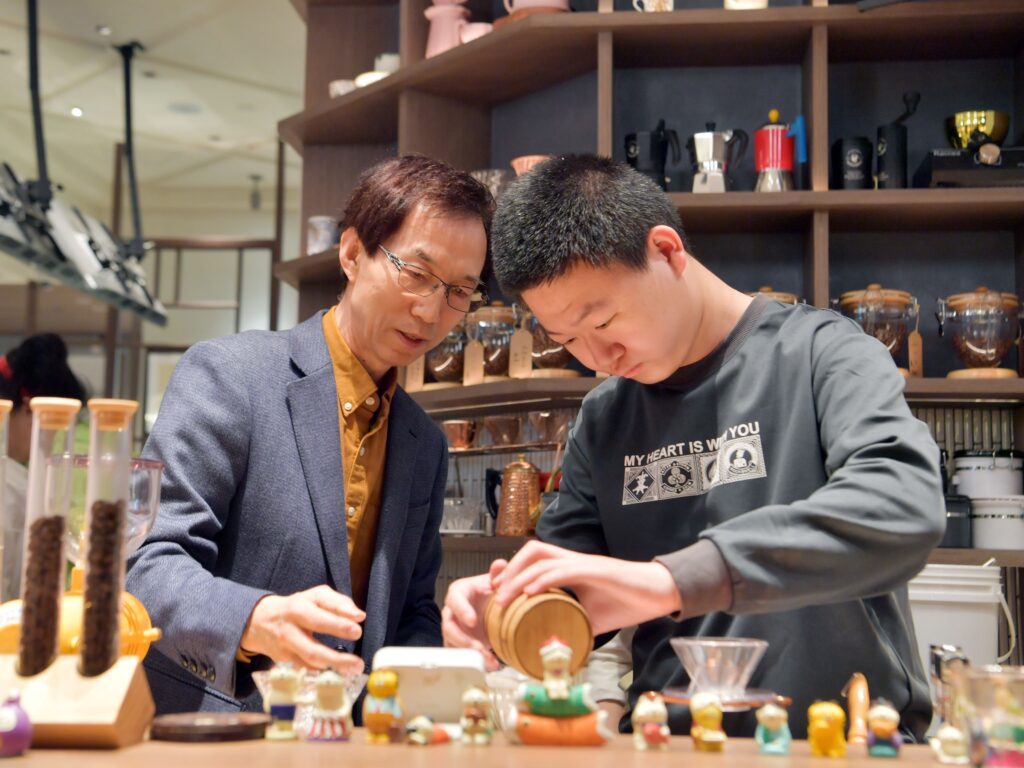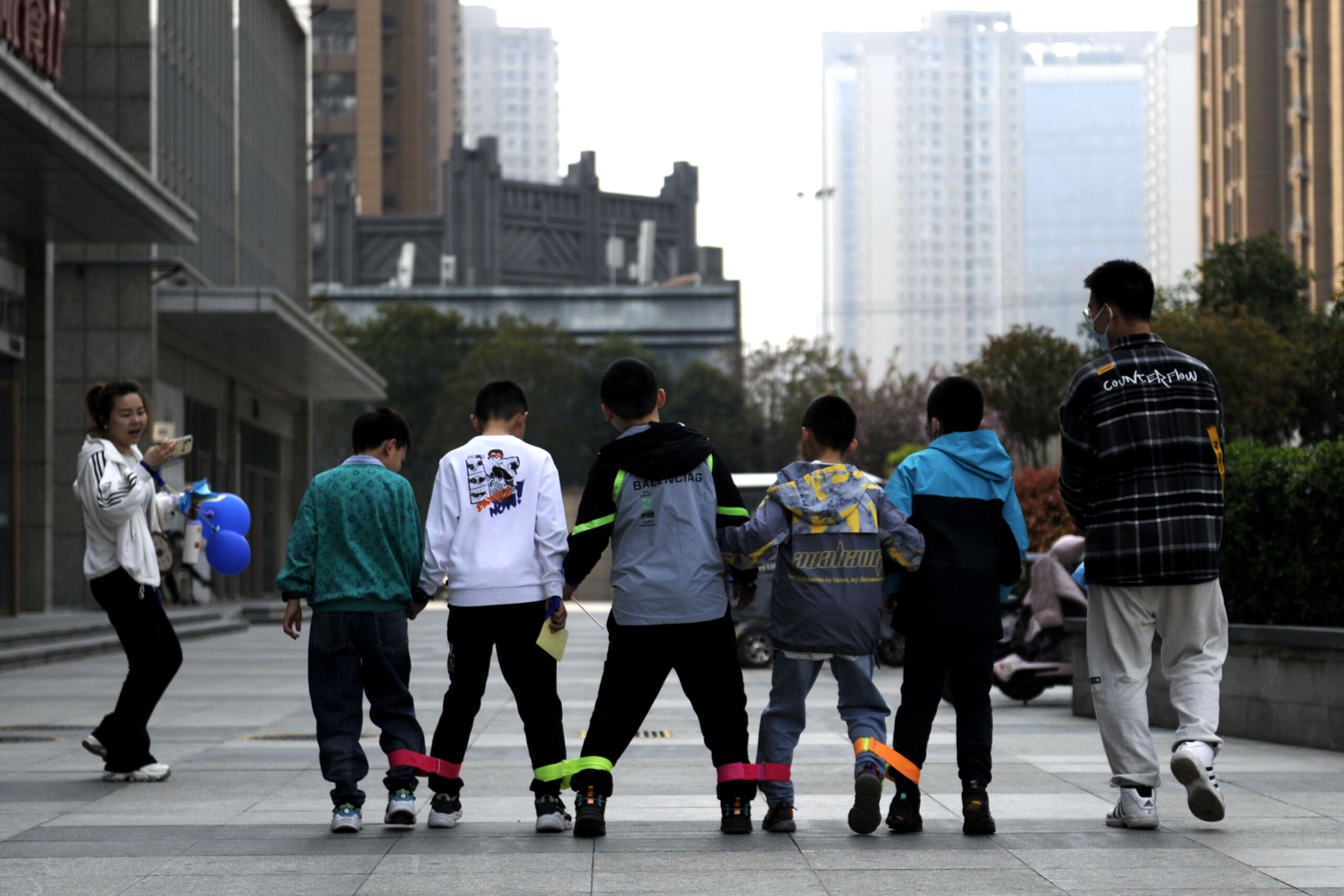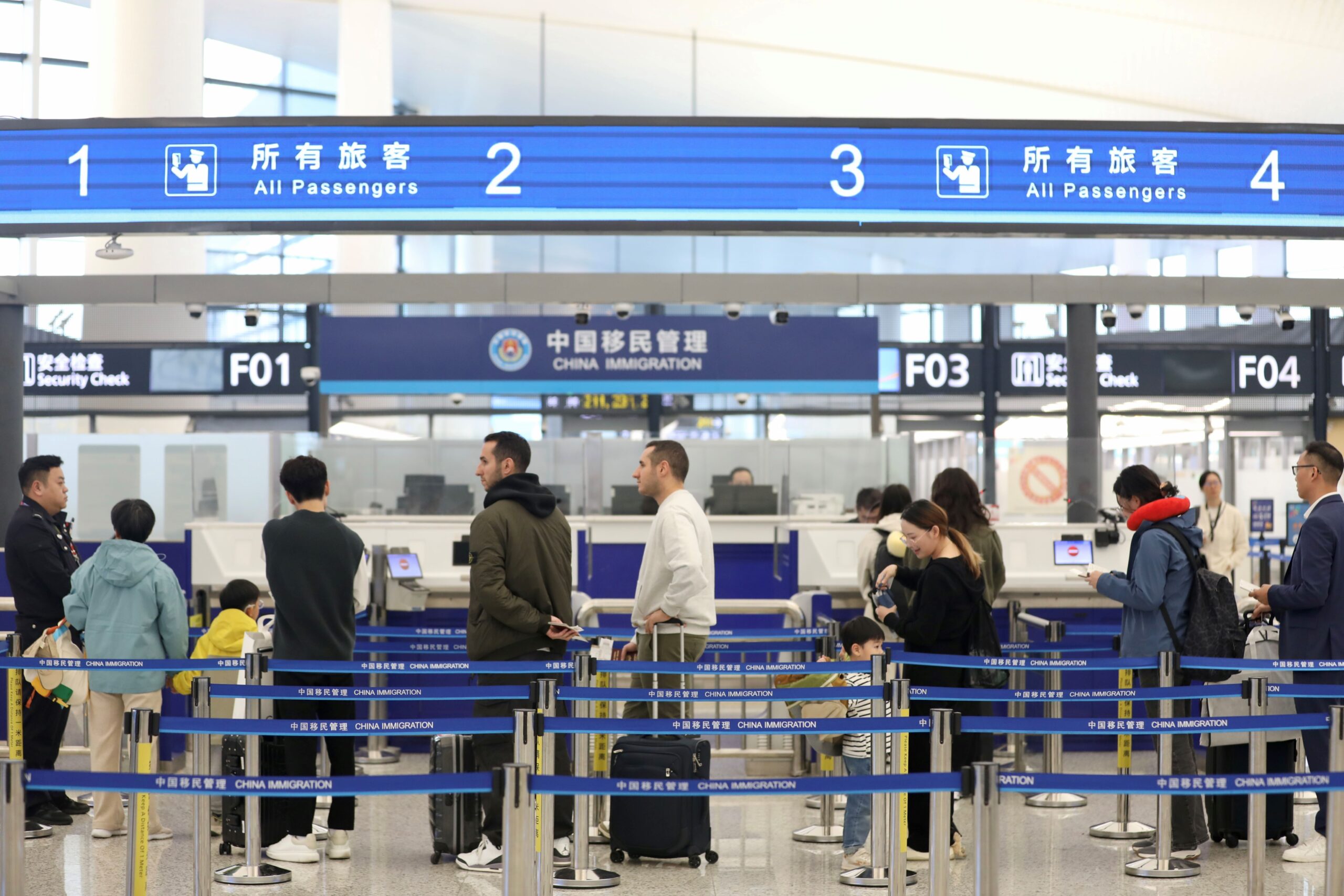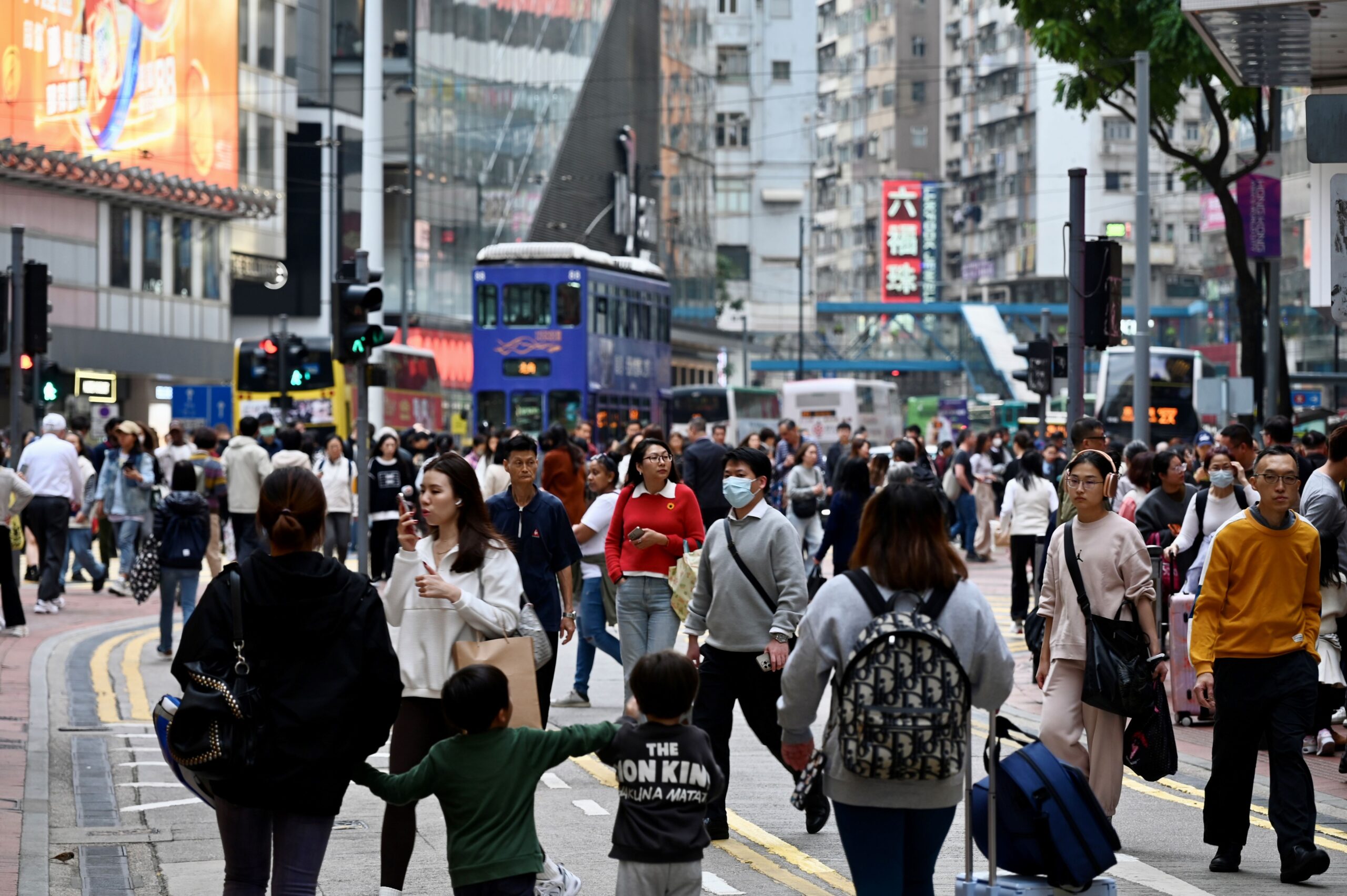China is advancing autism inclusion through education and employment, breaking barriers for over 13 million autistic individuals with early intervention, supportive schools, and workplace opportunities.
April 2nd 2025, was the 18th World Autism Awareness Day. Autism is a neuro-developmental disorder that begins in early childhood. It affects language, communication, and behavior, making it hard for children to adapt, interact, and care for themselves. These challenges impact their quality of life and social development.
China has over 13 million people with autism, and the number is growing. Among children, autism is the most common neuro-developmental disorder. These children are often called 星星的孩子 (Xingxing de Haizi) in Chinese, literally meaning star children or children of the stars. This symbolises their unique yet distant connection to the world.

Breaking the ‘Invisible Wall’: Inclusive Education
For families of autistic children, inclusive education represents hope. A mother of 5-year-old Xuanxuan, diagnosed with autism last year, dreams of a future where her son can attend a regular school.
“His language skills lag, and his repetitive behaviors are severe. But after four months of therapy, he’s improving. We hope a regular school will accept him.”
Inclusive education isn’t just about placing autistic students in regular schools. It means creating a supportive learning environment where they can develop social and cognitive skills alongside their peers.
Across China, schools are blending special education with mainstream education. This allows autistic children to interact with peers, play, and learn in diverse social settings. An inclusive education consultant emphasized: “Autism isn’t scary. We need to break stereotypes and build a world where inclusion lights up the ‘stars’.”

From Café Counters to Careers: Building an Inclusive Workforce
Employment for autistic individuals is gaining attention. On April 1, at Manting Music Café in Liuyang, Hunan, 16-year-old Chen Lefan carefully prepared hand-beaten lemon tea, following precise steps.
“We want to connect autistic individuals with society,” said Zhang Lingli, the café’s founder. Traditionally, autism therapy focused on making children adapt to society. But society should also adapt to them.
Zhang believes in respecting their unique abilities. For example, autistic employees at the café excel at structured, repetitive tasks. They time French fries exactly four minutes and measure drink ingredients with precision. Their attention to routine ensures consistent quality—a skill valued in the food industry.

Early Intervention and the Road Ahead
Research shows that early diagnosis and intervention can significantly improve cognitive, language, and adaptive skills in autistic children. With the right support, many can transition into mainstream education and even the workforce.
“different, not less.” A truly inclusive society requires efforts from everyone—families, educators, businesses, and communities. By fostering acceptance and opportunity, we can help autistic individuals lead fulfilling lives, contributing their talents to the world.
By Chen Wang, additional reporting from CNS.
If you liked this article why not read: Better Diet, Healthier Life: China Unveils Guideline to Improve Nutrition Quality











